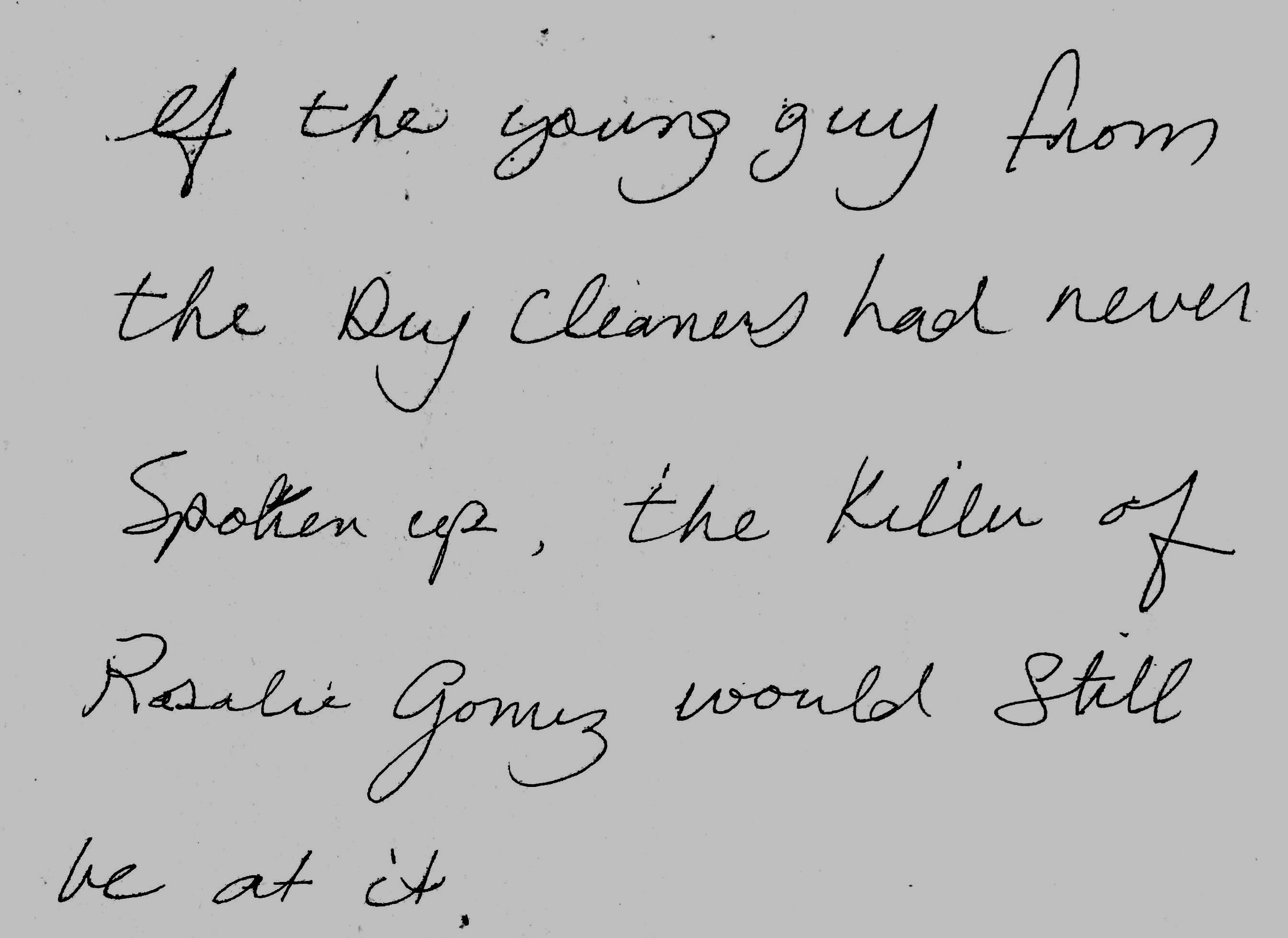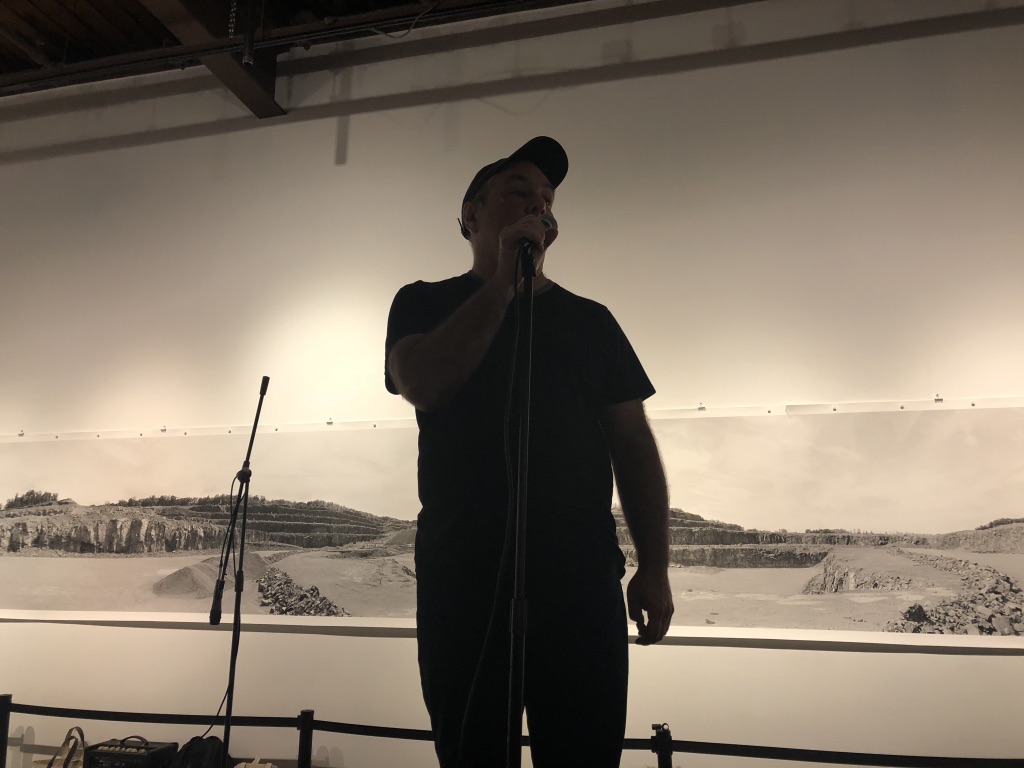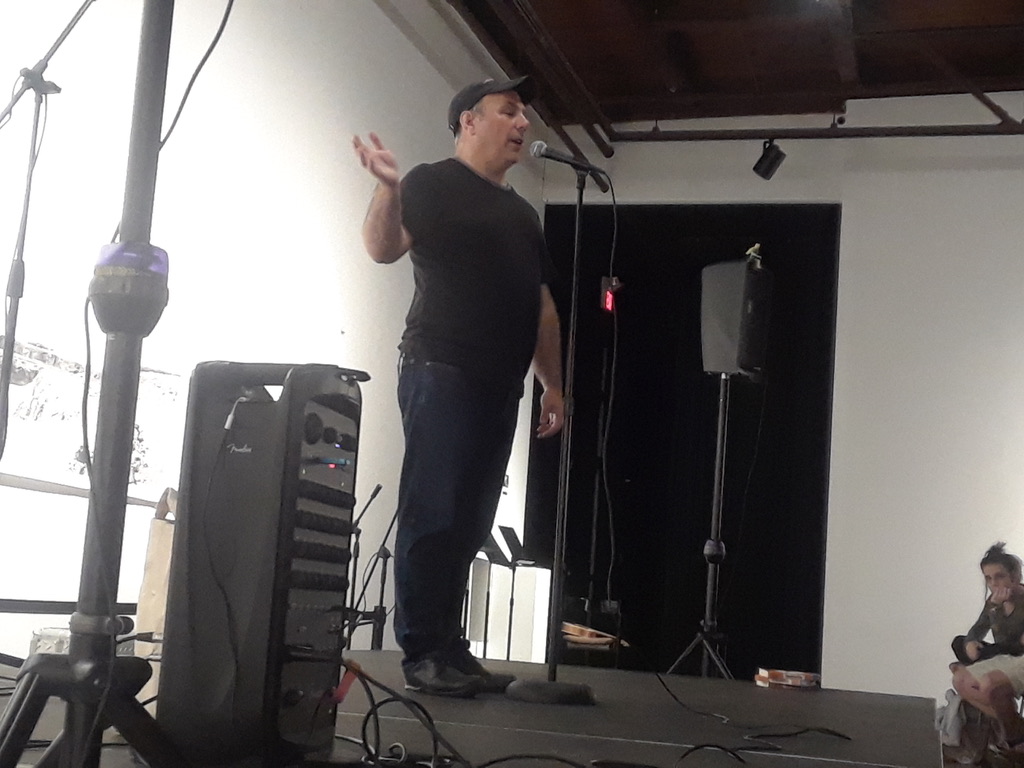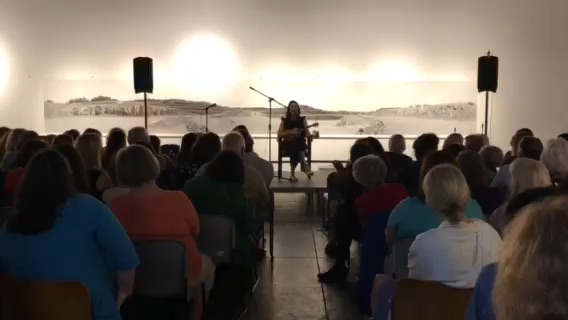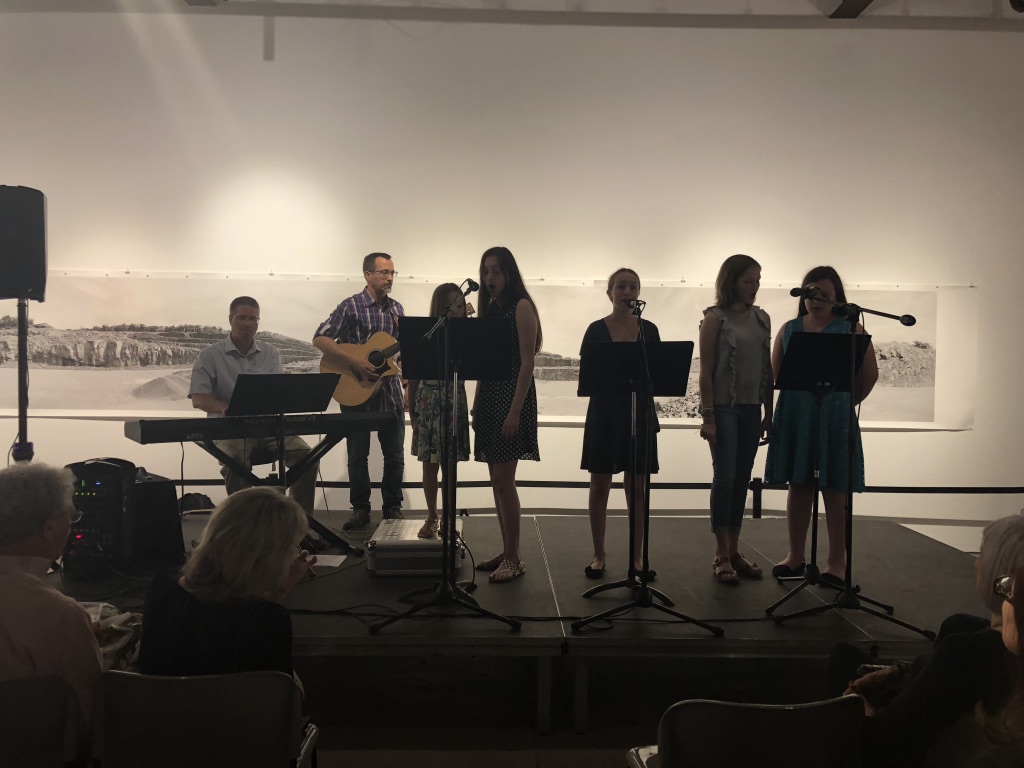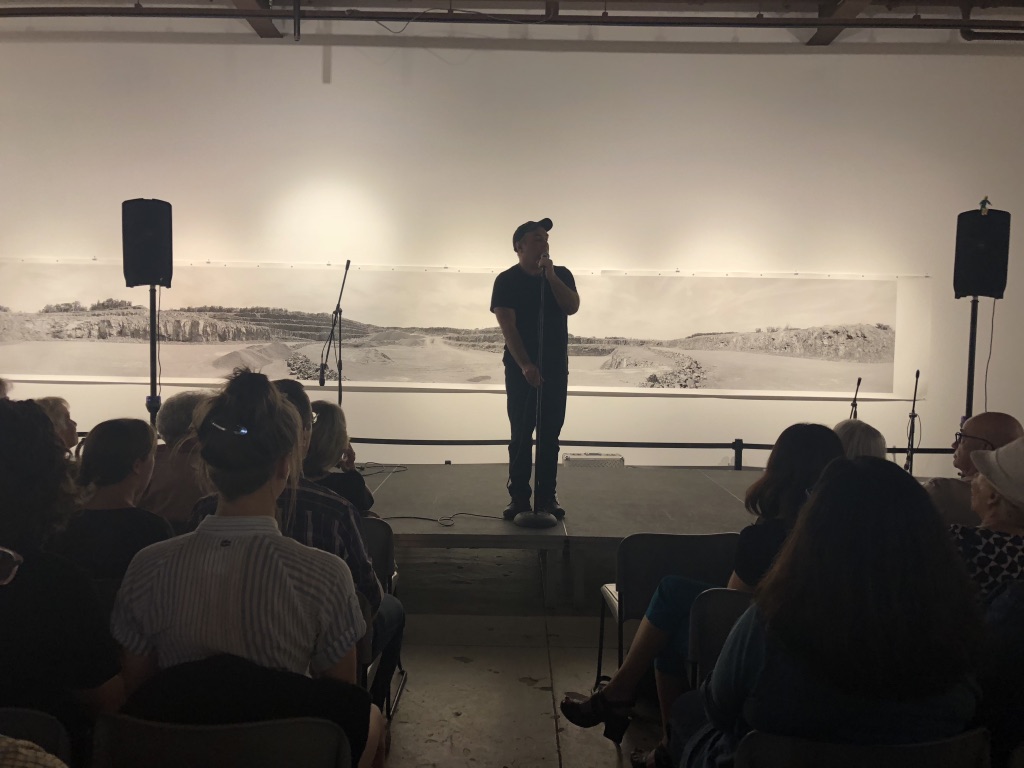Speak Up Storytelling #21: Don Picard
/Episode #21 of the Speak Up Storytelling podcast is now available for your listening pleasure.
On this week’s episode, Elysha Dicks and I talk about finding excellent stories in your everyday life using my strategy "Homework for Life." We discuss how a moment that didn't seem initially storyworthy can prove to be storyworthy with a little consideration. We also receive two outstanding Homework for Life recommendations from listeners.
Next, we listen to Don Picard's story about his unusual family composition, followed by commentary and critique, including:
Breaking longer stories into two or more shorter stories
Encapsulating big ideas into small, specific scenes
The funneling of a story from fast paced, episodic moments that advance time quickly to the specific heart of the story
The purpose and effectiveness of summarizing unique, odd, and incomprehensible moments in story
Preserving surprising by allowing your audience to draw their own conclusions
The importance of maintaining time order to avoid confusion
Then we answer a listener question about what we do for a living when not working on Speak Up and our podcast.
Lastly, we each offer a recommendation.
If you haven't subscribed to the podcast in Apple podcasts (or wherever you receive your podcasts), please do. And if you haven't rated and/or reviewed the podcast in Apple Podcasts (who are the best people ever), we would love it if you did.
Ratings and reviews help listeners find our podcast easier, and it makes us feel better about ourselves and our work.






